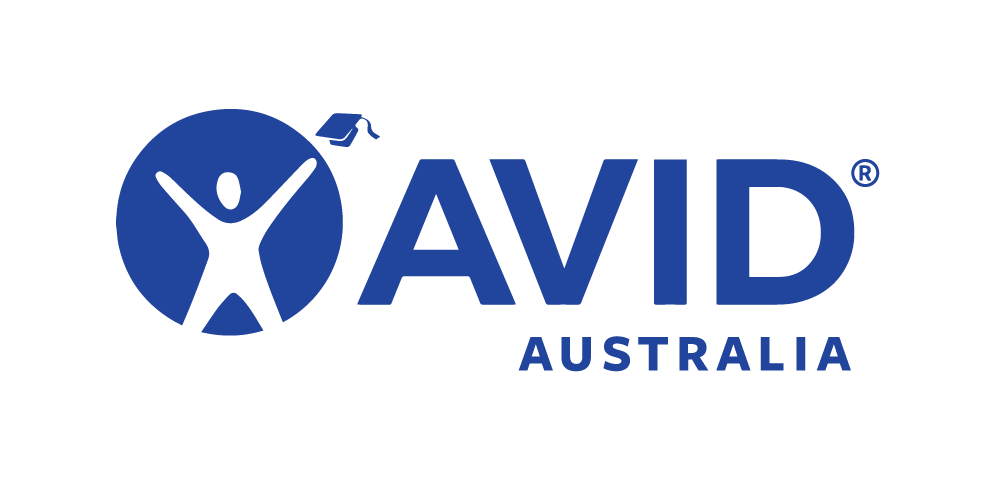The Baldivis Way is the guiding philosophy and collective approach that shapes the culture, expectations, and practices at Baldivis Secondary College. It reflects the school’s commitment to fostering a positive, inclusive, and high-performing learning environment where students and staff are supported to achieve their best.
Core Principles of the Baldivis Way:
1. Positive Learning Environment
- Creating a safe, respectful, and engaging space where all students can thrive.
- Embedding Positive Behaviour Support (PBS) to reinforce clear expectations and build a strong school culture.
2. High-Quality Teaching and Learning
- Utilising the college’s Teaching and Learning Model, which focuses on high-impact, high-engagement strategies that foster deep learning.
- Differentiating content and delivery to meet the diverse needs of students, ensuring all learners can access and succeed in the curriculum.
- Using assessment and student performance data to inform and refine their practice.
- Ensuring that teachers deeply understanding their students—their strengths, challenges, and aspirations—allowing for personalised and responsive teaching.
3. High Expectations and Personal Responsibility
- Encouraging students to take ownership of their learning, behavior, and future pathways.
- Upholding consistent standards in uniform, attendance, engagement, and respect for self and others.
4. Strong Relationships and Community Connection
- Building positive student-teacher relationships to enhance learning outcomes.
- Encouraging collaboration between students, staff, families, and the broader community to create a supportive network.
5. Engagement and Pathways for Every Student
- Recognising that every student’s journey is unique and ensuring multiple pathways for success, including ATAR, VET, General, and alternative programs.
- Supporting flexible and personalised learning plans to help students find their strengths and develop future-ready skills.
6. Wellbeing and Support
- Prioritising student and staff wellbeing, mental health, and resilience.
- Providing a strong support network through Student Services, the Health and Wellbeing Team, and targeted initiatives.
- Adopting a case management approach to support students at educational risk.
7. Collaborative and Reflective Practice
- Staff engaging in ongoing Professional Learning Communities (PLCs) and curriculum collaboration to refine their practices – for example teaching and learning.
- Encouraging leadership, innovation, and shared responsibility for continuous school improvement.












